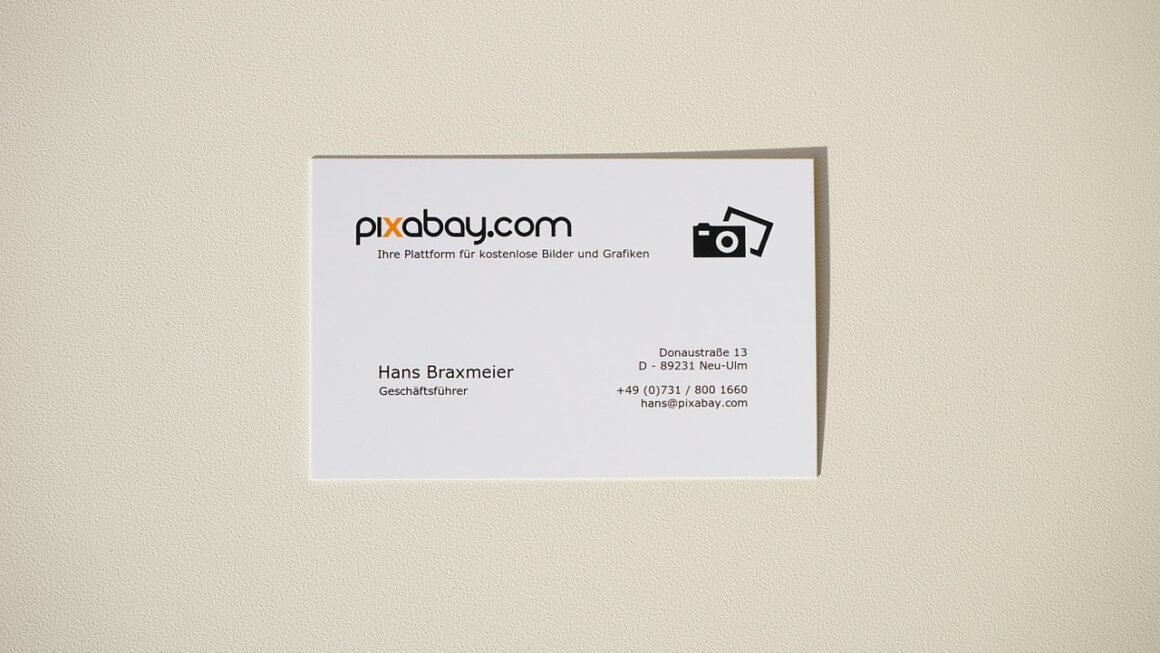“`html
In the fast-paced world we live in today, automation has become a game-changer for businesses across various industries. From streamlining workflows to enhancing productivity, automation simplifies complex tasks, allowing teams to focus on innovative strategies and improvements. In this blog post, we’ll explore various aspects of automation, its different applications, benefits, and how it can empower businesses toward success.
What is Automation?
Automation refers to the technology used to perform tasks with minimal human intervention. It encompasses tools, systems, and software that help businesses execute repetitive processes efficiently. By leveraging automation, organizations can reduce human error, save time, and improve the quality of their outputs.
Types of Automation
- Fixed or Hard Automation: Best for large-scale production processes that require minimal variability, such as in manufacturing lines.
- Programmable Automation: Useful for batch production where products might change frequently, like in pharmaceutical manufacturing.
- Flexible Automation: This allows for rapid changes in production lines, evident in automotive manufacturing where customization is key.
These types highlight how automation varies across industries and applications.
Benefits of Automation
The adoption of automation provides numerous advantages, particularly in the context of improving operational efficiency. Here are some prominent benefits:
- Increased Efficiency: Automating repetitive tasks frees up employees to focus on more strategic work.
- Cost Savings: Reducing labor costs and minimizing errors helps in saving resources.
- Enhanced Quality: Automation leads to consistent output and mitigates the risk of human error.
- Scalability: Businesses can easily scale operations up or down without the complexities of hiring or training new staff.
For instance, a recent study revealed that businesses implementing sales automation saw a 10% increase in lead generation efficiency.
Applications of Automation
Automation can be found in various sectors, each tailored to enhance specific processes. Here are some primary applications:
1. Marketing Automation
Businesses use tools like HubSpot and Marketo to automate email campaigns, social media posting, and lead nurturing.
2. Customer Service Automation
Chatbots and automated response systems are essential in handling customer inquiries efficiently.
3. Financial Automation
Tools like QuickBooks automate bookkeeping, invoicing, and payroll processing, making financial management easier.
4. Manufacturing Automation
Robotic Process Automation (RPA) and IoT integration in manufacturing streamline production lines, enhancing output and reducing downtime.
Challenges of Implementing Automation
Despite the clear benefits, businesses may face challenges when incorporating automation into their operations:
- High Initial Costs: Getting started with automation can require significant investments in technology.
- Employee Resistance: Some employees might resist the changes or fear job loss due to automation.
- Integration Issues: Existing systems and processes might not align well with new automation technologies.
To effectively tackle these challenges, businesses should engage in comprehensive training and stakeholder discussions.
Future Trends in Automation
The landscape of automation is continuously evolving. Here are some trends to keep an eye on:
- Increased Use of AI: Artificial intelligence is set to play a crucial role in enhancing decision-making processes.
- More Human-AI Collaboration: The focus will shift toward collaboration between humans and automated systems instead of complete replacement.
- Cloud-Based Automation: Cloud technology will facilitate easier access to automation tools and resources.
These trends imply that the future of automation is not just about machines replacing humans but creating symbiotic relationships that foster efficiency and innovation.
Conclusion
Automation is undeniably transforming the way businesses operate today. With a clear understanding of its types, benefits, applications, and future trends, organizations can harness its full potential to drive growth and increase productivity. As we move forward, embracing automation not only positions businesses for success but also allows companies to provide exceptional value to customers while adapting to ever-changing market demands. It’s time to take action and assess how automation can be integrated into your systems for enhanced operational efficiency.
“`




